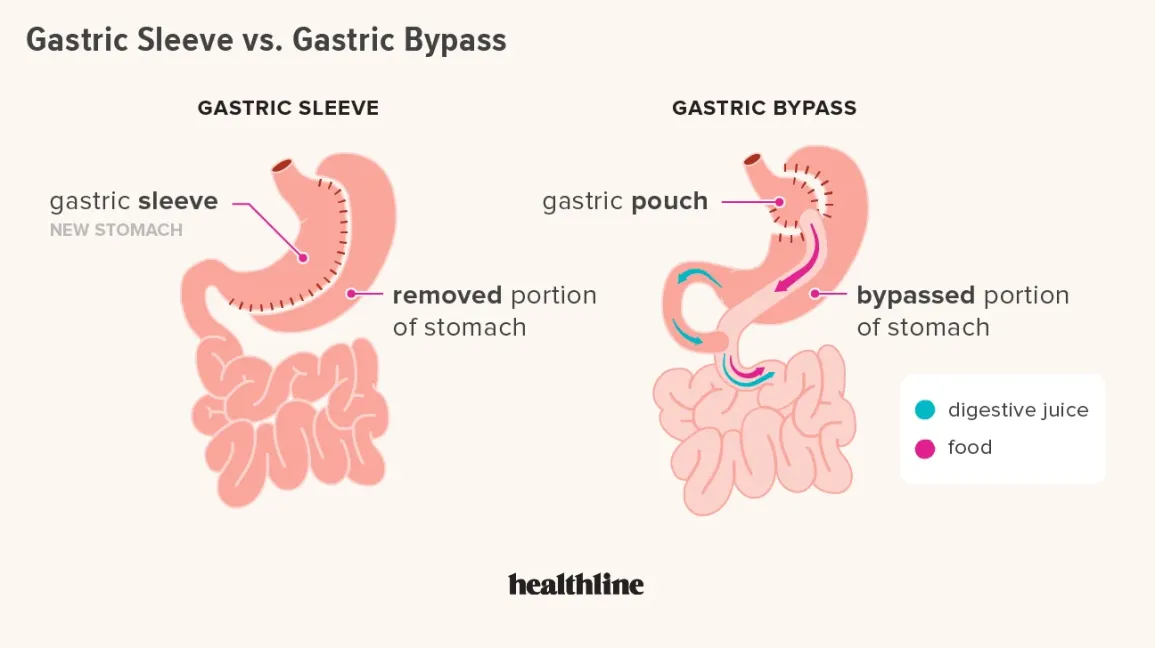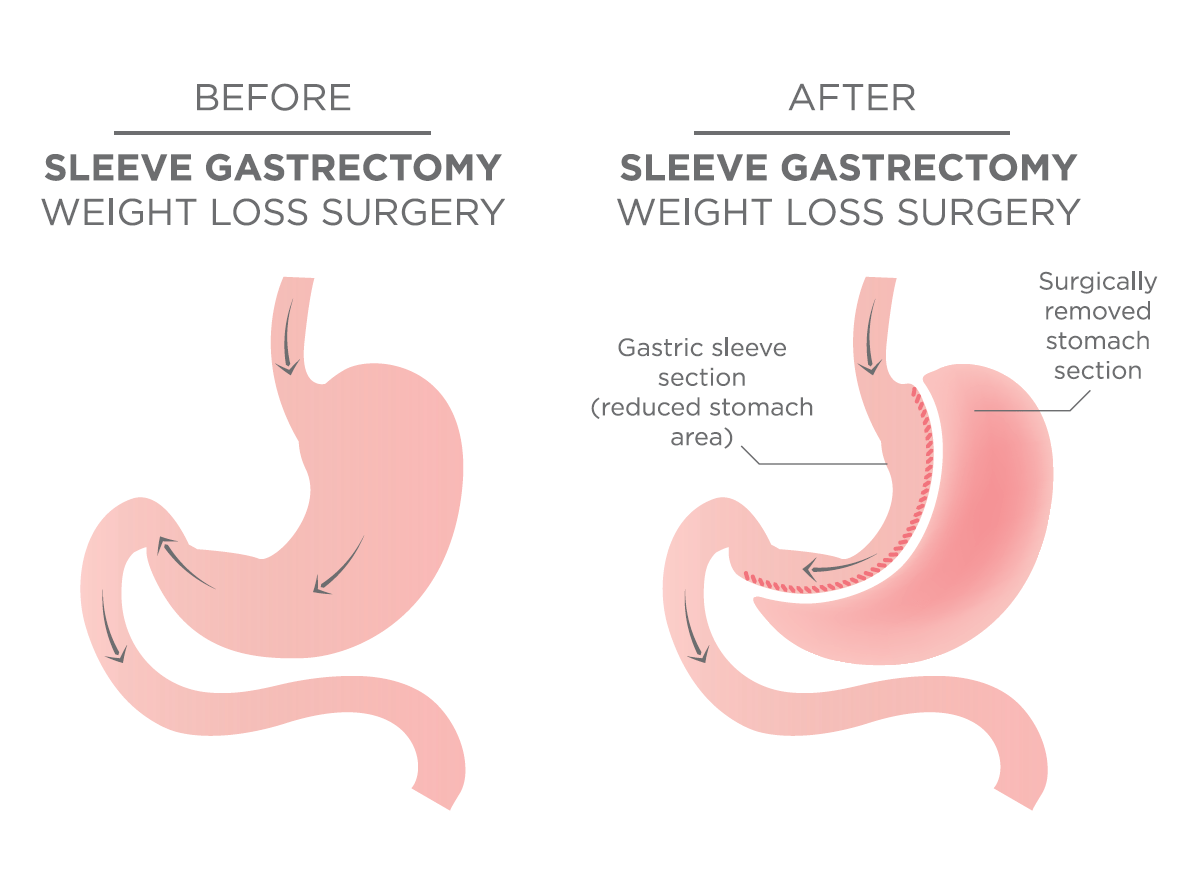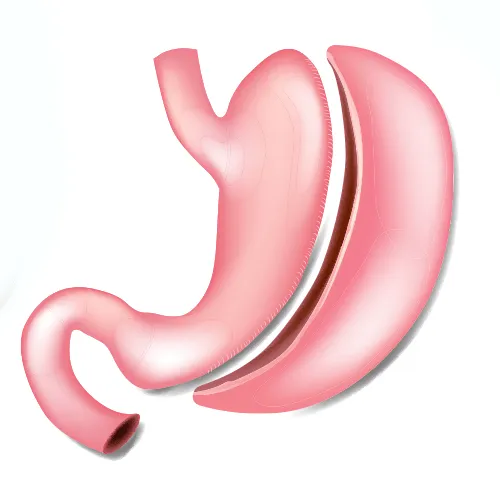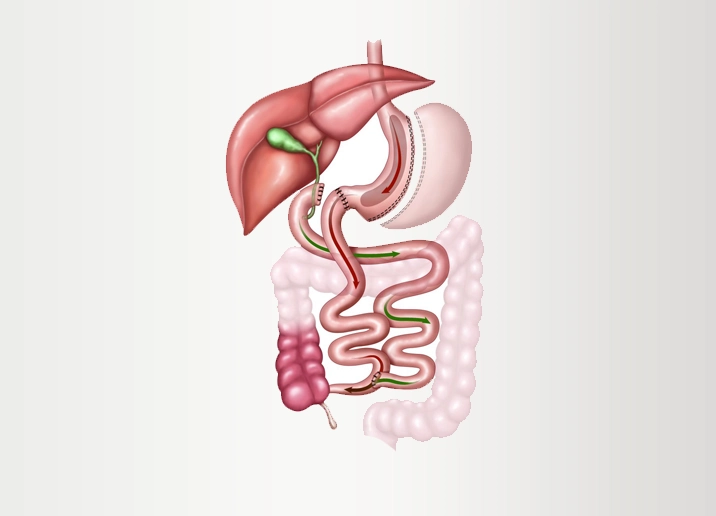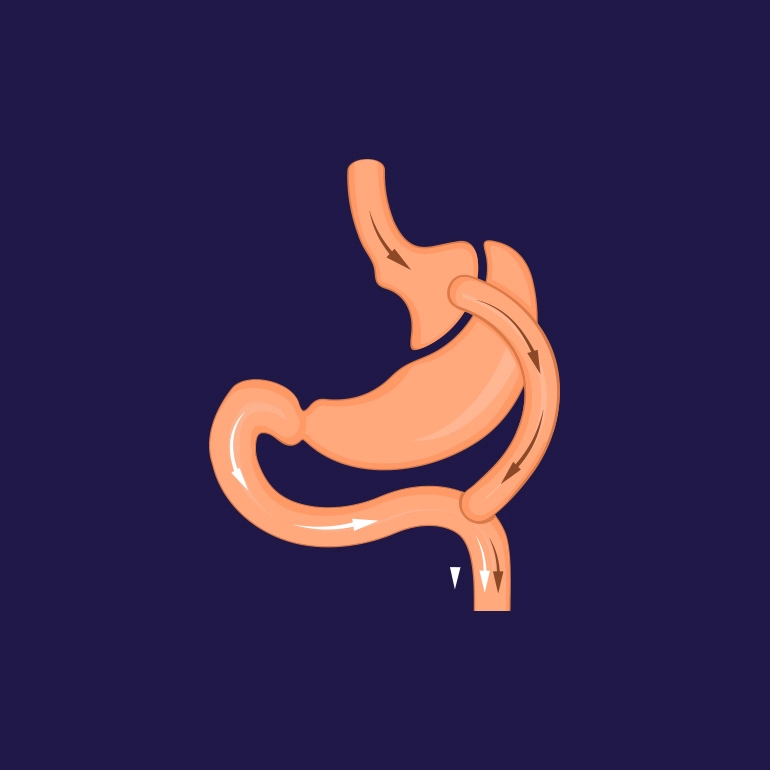Gastric Sleeve vs. Gastric Bypass: 7 Key Factors to Consider for Changing Your Lifestyle:
When contemplating obesity surgery, choosing between gastric sleeve and gastric bypass can be overwhelming. Both procedures offer effective solutions for weight loss and improving overall health, but they differ in various ways. This comprehensive guide will break down the key aspects of gastric sleeve (sleeve gastrectomy) and gastric bypass surgeries to help you make an informed decision on which might be the best fit for changing your lifestyle with weight loss surgery.
What is Gastric Sleeve Surgery?
Overview of Sleeve Gastrectomy
Gastric Sleeve vs. Gastric Bypass: 7 Key Factors to Consider for Changing Your Lifestyle:
Gastric sleeve surgery, also known as sleeve gastrectomy, is a popular weight loss surgery where a significant portion of the stomach is removed. The remaining stomach is shaped like a sleeve or tube, which is why it’s called “sleeve” gastrectomy. This procedure restricts the amount of food you can eat and reduces hunger hormones, leading to significant weight loss.
How the Procedure Works
- Anesthesia and Incision: The surgery is performed under general anesthesia. The surgeon makes several small incisions in the abdomen to insert a laparoscope (a thin tube with a camera) and other surgical instruments.
- Stomach Removal: Approximately 75-80% of the stomach is removed. The remaining portion resembles a sleeve or a tube.
- Closure: The incisions are closed with stitches or staples, and the patient is moved to recovery.
Benefits of Gastric Sleeve Surgery
- Effective Weight Loss: Most patients experience significant weight loss, often achieving 60-70% of their excess weight loss within the first year.
- Reduced Hunger: By removing a large portion of the stomach, the procedure decreases the production of ghrelin, a hormone that stimulates hunger.
- Less Complex: Compared to gastric bypass, the procedure is less complex with fewer changes to the digestive system.
Risks and Considerations
- Long-Term Nutritional Deficiencies: Since a large portion of the stomach is removed, patients may experience nutritional deficiencies if they do not follow a proper diet and take necessary supplements.
- Irreversibility: The procedure is permanent and cannot be reversed.
- Potential Complications: Risks include infections, bleeding, and leaks from the stomach sleeve.
What is Gastric Bypass Surgery?
Overview of Gastric Bypass Surgery
Gastric Sleeve vs. Gastric Bypass: 7 Key Factors to Consider for Changing Your Lifestyle:
Gastric bypass, or Roux-en-Y gastric bypass, is another popular obesity surgery that combines two techniques: creating a small stomach pouch and bypassing a portion of the small intestine. This method helps reduce food intake and limits calorie absorption, leading to substantial weight loss.
How the Procedure Works
- Anesthesia and Incision: Similar to gastric sleeve surgery, the procedure is performed under general anesthesia. The surgeon makes several small incisions in the abdomen to insert a laparoscope and surgical instruments.
- Stomach Pouch Creation: The surgeon creates a small pouch at the top of the stomach, which is about the size of a walnut. This pouch is then connected directly to the small intestine, bypassing a large portion of the stomach and the first part of the small intestine.
- Bypassing the Intestine: The rest of the stomach and a portion of the small intestine are bypassed. This reduces the amount of food you can eat and limits the number of calories and nutrients your body can absorb.
- Closure: The incisions are closed, and the patient is moved to recovery.
Benefits of Gastric Bypass Surgery
- Substantial Weight Loss: Patients often lose about 70-80% of their excess weight within the first year, and many maintain significant weight loss long-term.
- Improvement in Comorbidities: Gastric bypass can lead to significant improvements or resolution of obesity-related conditions such as type 2 diabetes, hypertension, and sleep apnea.
- Reduced Hunger: The bypass procedure can also reduce hunger and improve satiety.
Risks and Considerations
Gastric Sleeve vs. Gastric Bypass: 7 Key Factors to Consider for Changing Your Lifestyle:
- Nutritional Deficiencies: Due to the bypass of a portion of the small intestine, patients may experience deficiencies in vitamins and minerals. Lifelong supplementation and monitoring are necessary.
- Complexity: The procedure is more complex than gastric sleeve surgery and may involve a longer recovery time.
- Potential Complications: Risks include complications related to the bypassed intestine, such as blockages, hernias, and ulcers.
Comparing Gastric Sleeve and Gastric Bypass
Weight Loss Outcomes
- Gastric Sleeve: Patients typically achieve about 60-70% of their excess weight loss. The weight loss is generally steady and gradual.
- Gastric Bypass: Patients usually experience slightly higher weight loss rates, often losing 70-80% of their excess weight. The weight loss can be more rapid initially.
Dietary Changes and Lifestyle Adjustments
- Gastric Sleeve: Post-surgery, patients need to follow a restricted diet with smaller portion sizes. Adhering to dietary guidelines is crucial for avoiding nutritional deficiencies and maintaining weight loss.
- Gastric Bypass: Dietary changes are more significant due to altered digestion. Patients must avoid high-sugar foods and follow specific dietary guidelines to prevent dumping syndrome and nutritional deficiencies.
Recovery and Aftercare
- Gastric Sleeve: Recovery time is generally shorter, with most patients resuming normal activities within a few weeks. Regular follow-up appointments are essential for monitoring weight loss and nutritional status.
- Gastric Bypass: Recovery may take a bit longer, with some patients experiencing more intense post-operative symptoms. Lifelong follow-up is critical for managing potential nutritional deficiencies and monitoring overall health.
Potential Complications
- Gastric Sleeve: Complications can include leaks from the stomach sleeve, infections, and nutritional deficiencies.
- Gastric Bypass: Complications may involve gastrointestinal issues like blockages, ulcers, and hernias. The risk of nutritional deficiencies is also higher.
Changing Your Lifestyle with Weight Loss Surgery: Making the Right Choice
Personal Goals and Health Conditions
Gastric Sleeve vs. Gastric Bypass: 7 Key Factors to Consider for Changing Your Lifestyle:
When deciding between gastric sleeve and gastric bypass, it’s important to consider your personal health goals and pre-existing health conditions. Consult with your healthcare provider to evaluate which procedure aligns best with your weight loss goals and overall health.
Lifestyle Considerations
Gastric Sleeve vs. Gastric Bypass: 7 Key Factors to Consider for Changing Your Lifestyle:
- Gastric Sleeve: May be preferable for individuals seeking a less invasive procedure with fewer changes to the digestive system. Ideal for those who are committed to making significant lifestyle changes and following dietary recommendations.
- Gastric Bypass: Suitable for individuals who need more substantial weight loss and have obesity-related health conditions. Requires a commitment to a stricter diet and lifelong nutritional monitoring.
Consultation with a Specialist
Gastric Sleeve vs. Gastric Bypass: 7 Key Factors to Consider for Changing Your Lifestyle:
Before making a decision, consult with a bariatric surgeon who can provide personalized recommendations based on your specific needs and health status. They will help you weigh the benefits and risks of each procedure and guide you through the decision-making process.
Conclusion: Gastric Sleeve vs. Gastric Bypass: 7 Key Factors to Consider for Changing Your Lifestyle:
Both gastric sleeve and gastric bypass surgeries offer effective solutions for weight loss and improving quality of life for individuals struggling with obesity. By understanding the details of each procedure, including their benefits, risks, and lifestyle impacts, you can make an informed decision about which surgery aligns best with your goals for changing your lifestyle with weight loss surgery. Remember, the right choice will depend on your individual health needs, weight loss objectives, and readiness to embrace the necessary lifestyle changes for long-term success.

